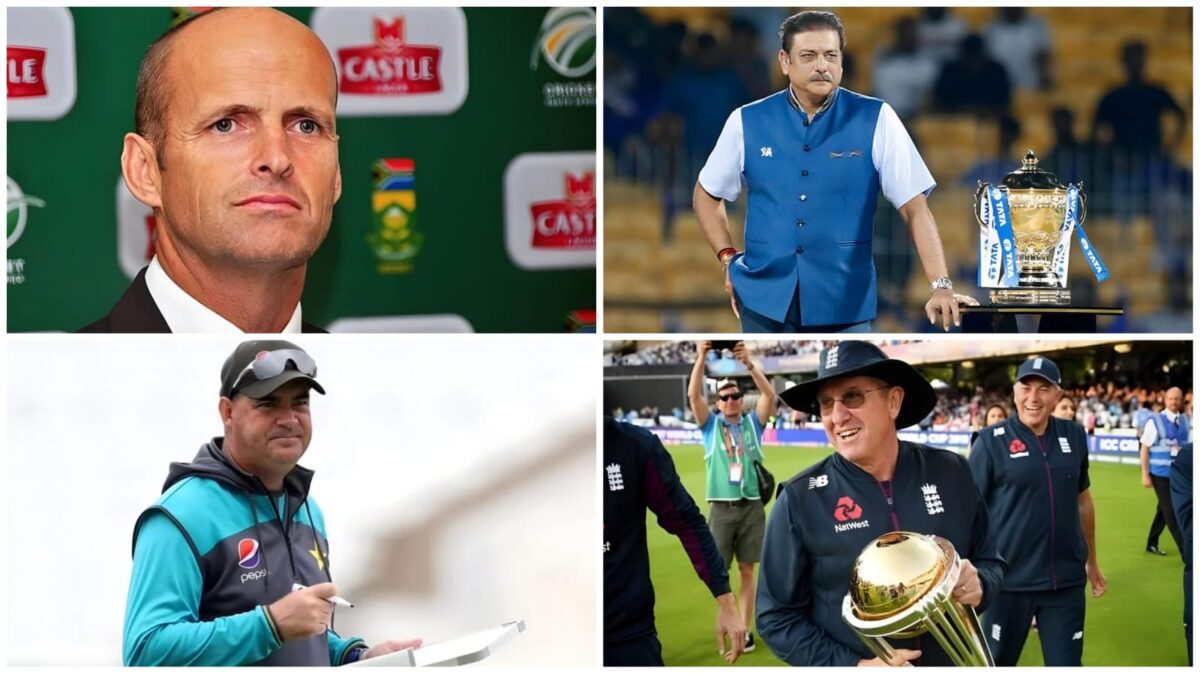Cricket isn’t just about powerful swings and lightning-fast bowling. Behind the scenes, there’s a mastermind pulling the strings: the coach.
These “unsung heroes” are the glue that holds a team together, shaping strategies, building confidence, and turning talented players into champions.
Let’s delve into the world of these cricketing masterminds and discover 5 best cricket coach in the world!
Table of Contents
Coaching’s Evolution and Impact on International Cricket:
The Evolution of Coaching in Cricket
Cricket coaching went from on-the-fly advice from senior players to a strategic science! Back in the day, experience was king, with little planning or coaching. By the mid-20th century, coaches helped with skills and fitness, but senior players still called the shots.
The modern game? Coaches are the masterminds, using data and planning to build champions and win matches. They don’t just train skills, they create a winning team culture.
Coaching Impact on International Cricket
Proactive Strategies: Coaches like Kirsten and Arthur use data to anticipate opponent moves, making cricket a strategic chess match alongside on-field skills.
Format-Specific Techniques: Bayliss and Shastri revolutionized limited-overs with aggressive batting and specialized fielding for the T20 format, ensuring each format retains its unique character.
Holistic Player Development: Langer and Dravid prioritize mental strength training and team spirit alongside technical skills, creating well-rounded players who excel under pressure.
Peak Fitness Focus: Arthur and Shastri emphasize peak physical conditioning, allowing players to perform consistently and recover faster.
Data-Driven Decisions: Coaches leverage data analysis to identify player weaknesses, exploit opponent vulnerabilities, and make informed on-field decisions.
5 Best Cricket Coach In The World
These coaches have significantly influenced modern cricket through their distinctive styles and philosophies, achieving remarkable success and transforming the teams they’ve managed.
1. Gary Kirsten (South Africa, Opener)
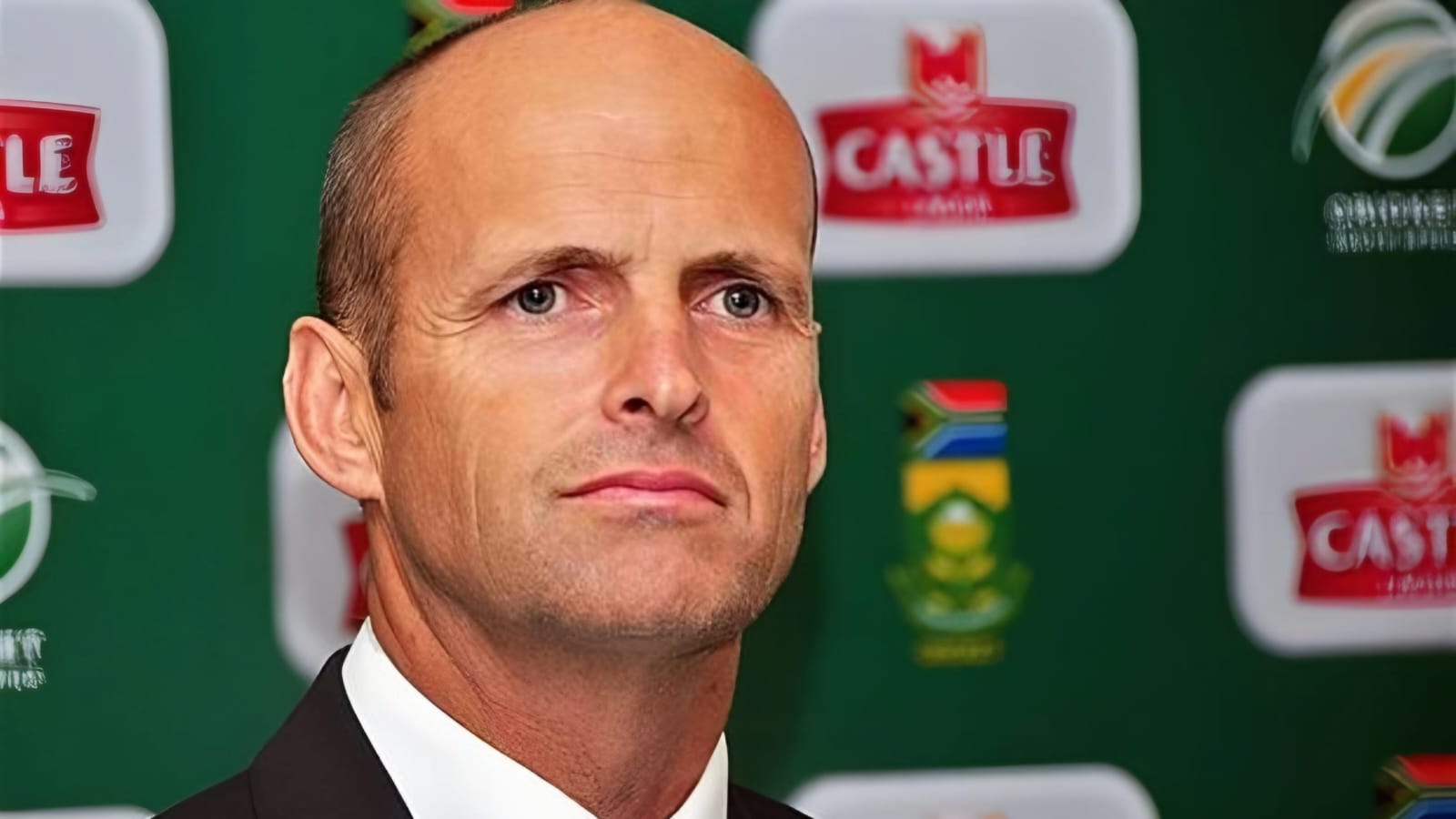
Career Highlights: Scored over 7,000 Test runs with 21 centuries, playing a key role in South Africa’s cricket history.
Coaching Style: Emphasizes player empowerment and a relaxed team environment.
Philosophy: Focuses on mental toughness, strategic planning, and strong communication.
Impact on Teams Coached:
- India (2008-2011): Led them to their first Cricket World Cup win in 28 years (2011) and No. 1 Test ranking. His mantra, “Believe in yourself, and believe in the process,” instilled a belief that proved crucial in the World Cup triumph.
Key Matches:
- 2011 World Cup Final: India chased down a challenging 278 against Sri Lanka, showcasing composure and strategic brilliance under pressure to win by six wickets. This victory was pivotal as it marked India’s first World Cup win since 1983.
- Test Series Win Against Australia (2008): India defeated Australia 2-0, highlighting their emergence as a formidable force in Test cricket under Kirsten’s guidance.
- Test Series Win Against England (2011): India’s triumph in England, achieving a 4-0 series whitewash, solidified their position as the top Test team.
Personal Touch: “Creating a winning team environment is about more than just tactics and skills. It’s about fostering trust, communication, and a sense of collective purpose.” – Gary Kirsten
2. Ravi Shastri (India, All-rounder)

Career Highlights: Known for his all-round skills and leadership on the field, scoring over 3,000 Test runs and taking 151 wickets.
Coaching Style: Direct and aggressive, with a focus on fitness and attacking play.
Philosophy: Encourages attacking cricket and fosters a winning mindset.
Impact on Teams Coached:
- India (2017-2021): Improved overseas performance, winning a record 12 Test matches away from home, including historic Test series victories in Australia (2018-19 & 2020-21) and achieved No. 1 Test ranking.
Key Matches:
- 2021 Brisbane Test Victory: India chased down a target of 328 against Australia at the Gabba, ending Australia’s 32-year unbeaten streak at the venue. This series win was significant as India won despite missing several key players due to injuries, demonstrating the depth and resilience instilled by Shastri.
- 2018-19 Test Series Win in Australia: India won the series 2-1, becoming the first Asian team to win a Test series in Australia, a monumental achievement in Indian cricket history.
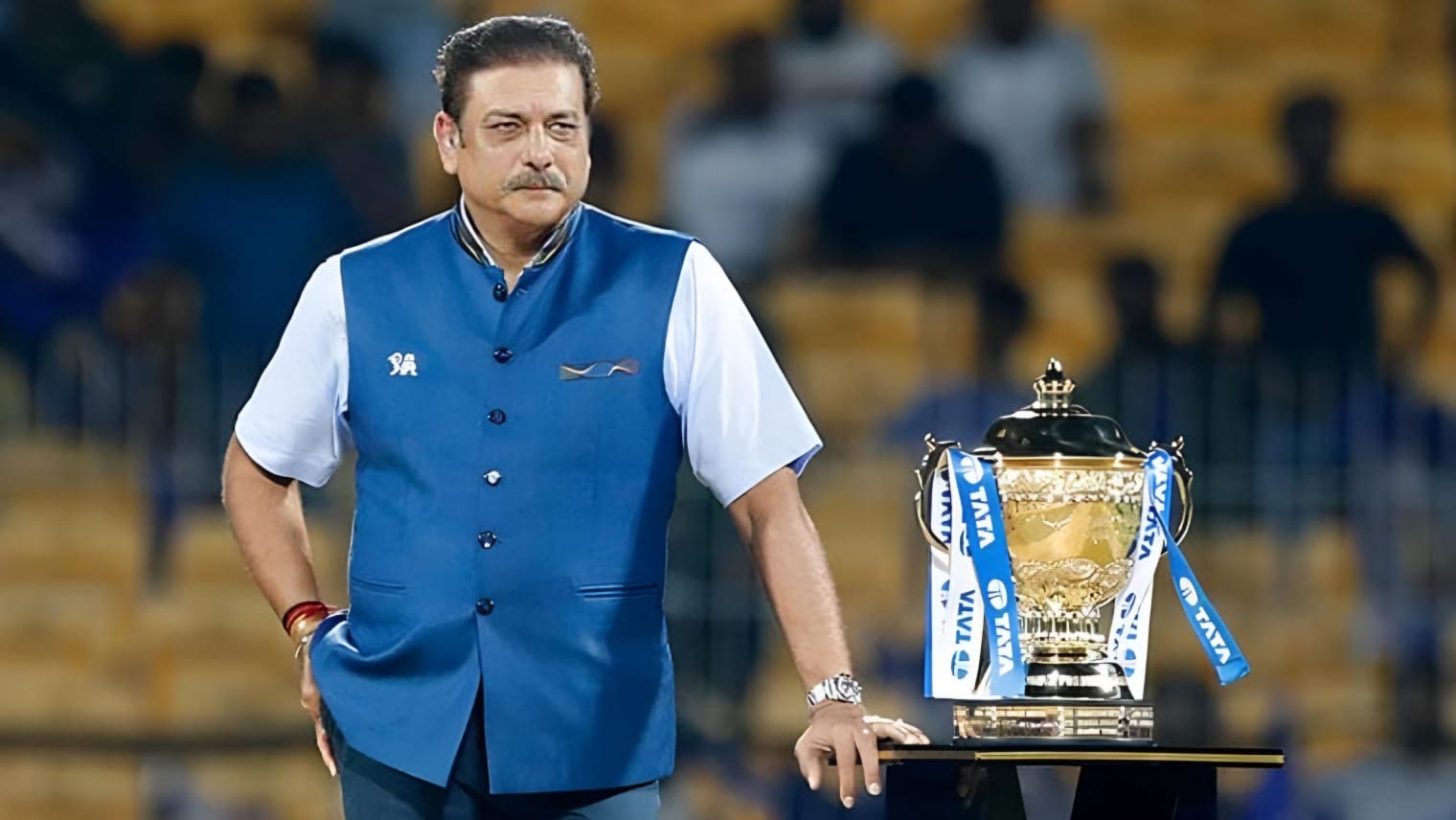
Personal Touch: “We don’t just want to compete, we want to dominate. Fitness is key to achieving that, and it allows us to play an aggressive brand of cricket.” – Ravi Shastri
3. Trevor Bayliss (Australia, Batsman)
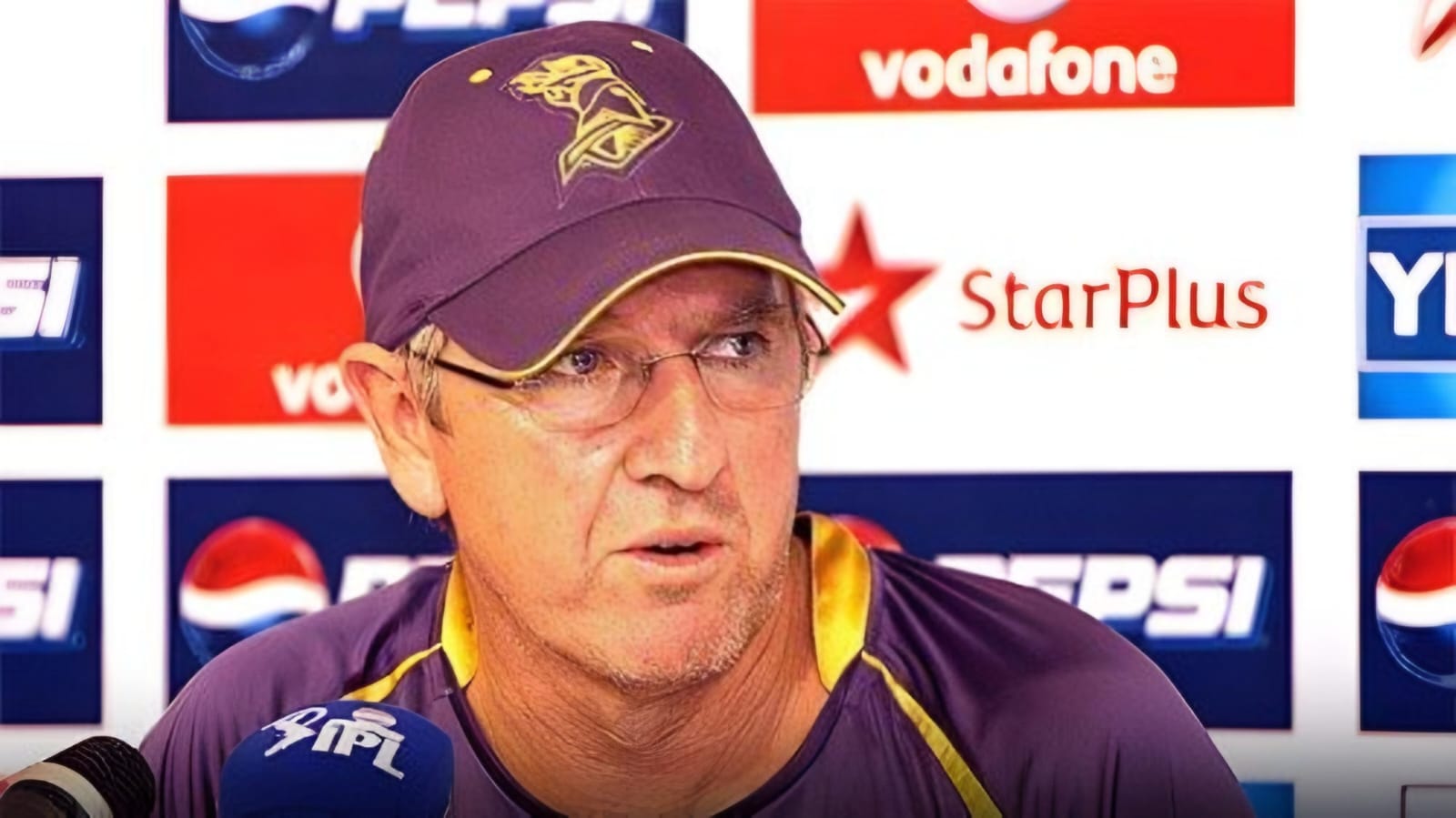
Career Highlights: Played domestic cricket for New South Wales, known for his aggressive batting style.
Coaching Style: Calm and strategic, known for fostering a positive team environment.
Philosophy: Emphasizes freedom for players to express themselves and backs them to make decisions.
Impact on Teams Coached:
- Sri Lanka (2007-2011): Led them to the 2011 Cricket World Cup final.
- England (2015-2019): Transformed limited-overs cricket, winning the 2019 World Cup and significantly improved the Test team.
Key Matches:
- 2019 World Cup Final: England chased down a target of 241 against New Zealand in a thrilling match that ended in a super over, ultimately winning by the boundary count rule. This victory marked England’s first World Cup title, showcasing Bayliss’s impact on their limited-overs transformation.
- 2015 Ashes Series Victory: England regained the Ashes with a 3-2 series win, notable for their aggressive and attacking approach, which rejuvenated the team after a period of poor performance.
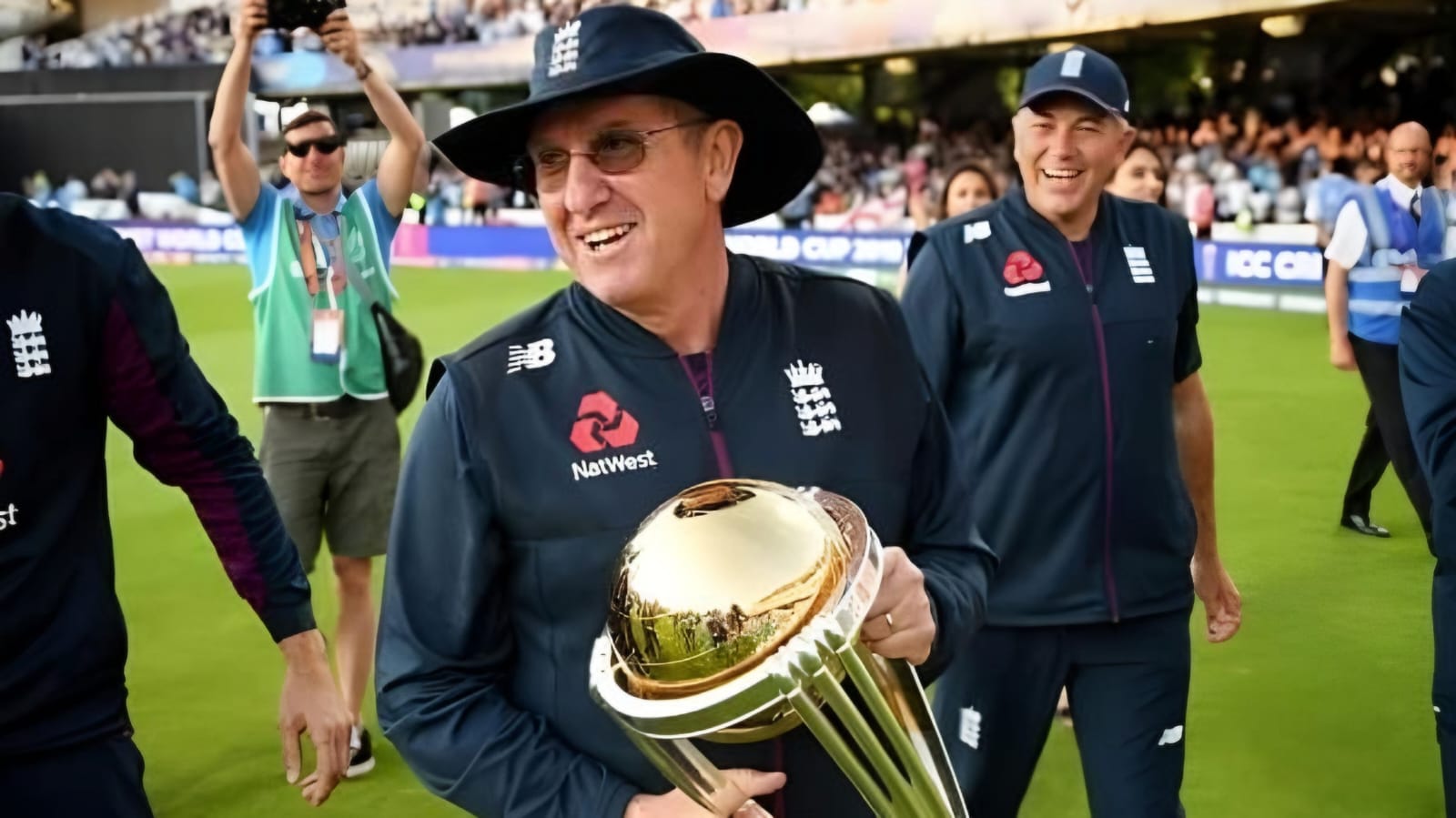
Personal Touch: “My philosophy is to create an environment where players feel confident and can express themselves on the field. When they enjoy their cricket, the results will follow.” – Trevor Bayliss
4. Justin Langer (Australia, Opener)
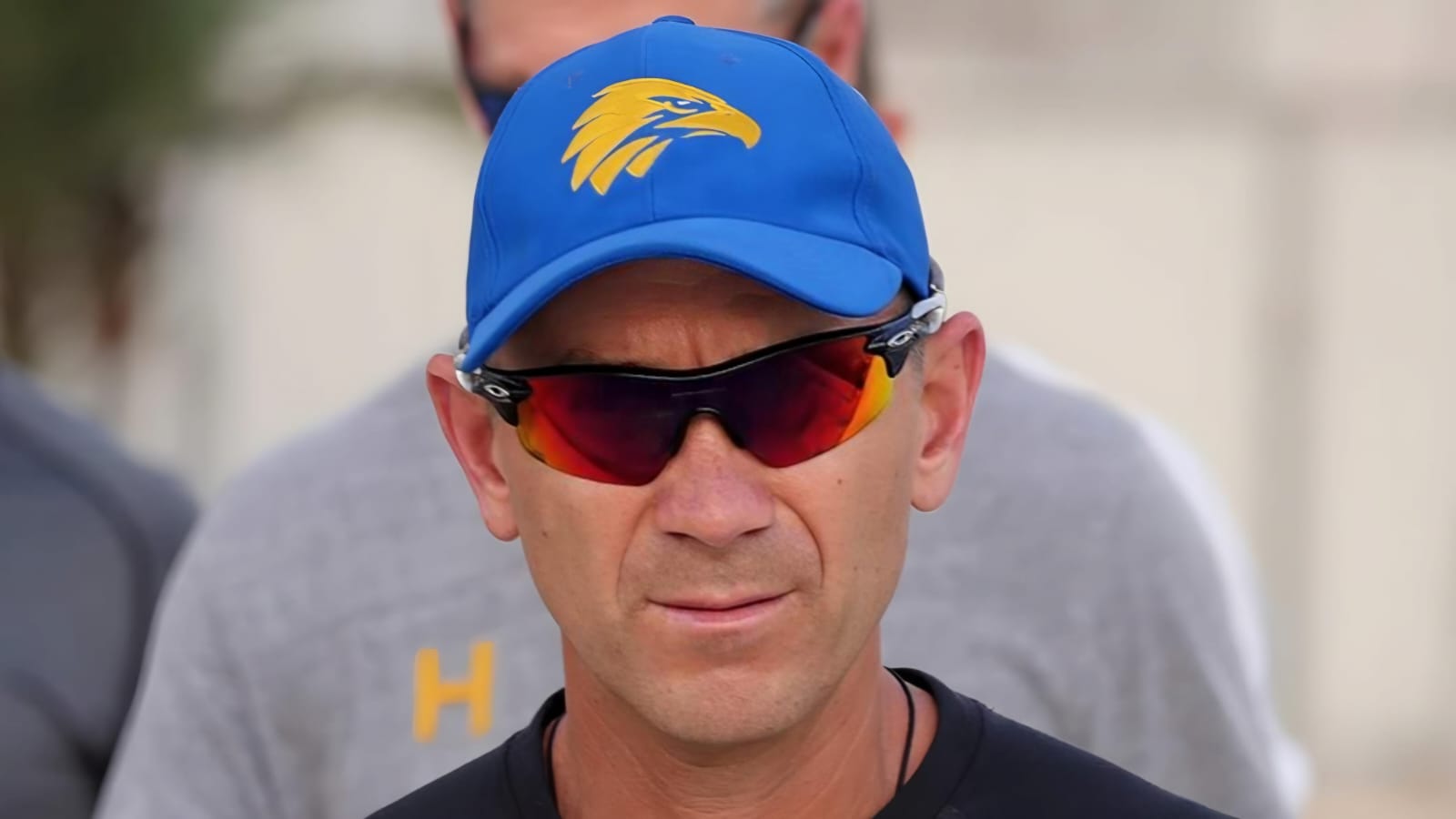
Career Highlights: Scored over 7,500 Test runs with 23 centuries, known for his resilience and work ethic as an opener.
Coaching Style: Disciplined and motivational, with a focus on team culture and values.
Philosophy: Strong emphasis on resilience, work ethic, and team cohesion.
Impact on Teams Coached:
- Australia (2018-2021): Rebuilt the team’s reputation and performance after the ball-tampering scandal. Retained the Ashes in England (2019). Langer’s focus on team culture fostered a strong work ethic and renewed sense of unity, which helped Australia overcome the scandal and reclaim the Ashes in a dramatic drawn series.
Key Matches:
- 2019 Ashes Series: Australia retained the Ashes with a 2-2 series draw, the first time they had retained the Ashes in England since 2001. The pivotal Test at Lord’s, which ended in a thrilling draw, exemplified the resilience and strategic acumen that Langer brought to the team.
- 2021 T20 World Cup Semi-final: Under Langer’s guidance, Australia reached the semi-final, demonstrating significant improvement in their T20 performance, setting the stage for future success in the format.

Personal Touch: “Cricket is a test of character, both on and off the field. Building a strong team culture based on resilience and hard work is the foundation for success.” – Justin Langer
5. Mickey Arthur (South Africa, Batsman)
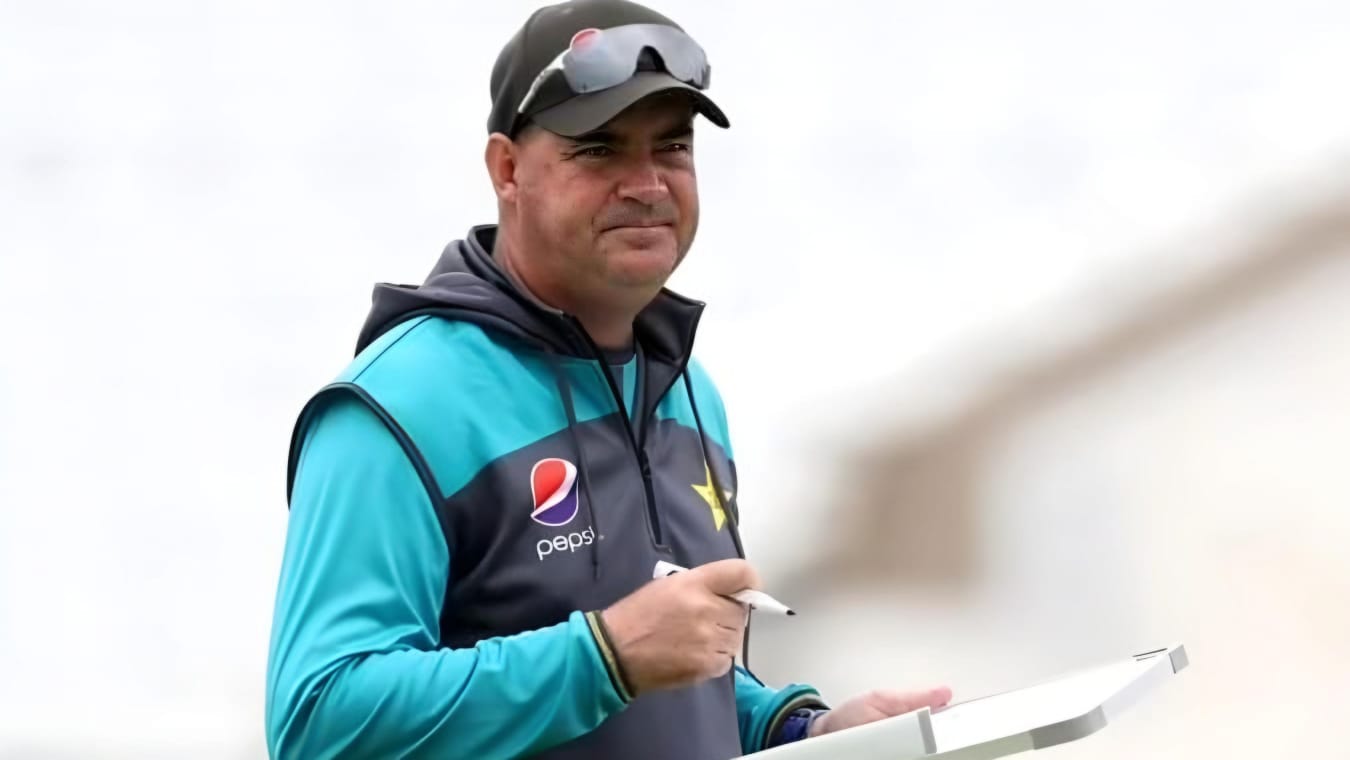
Career Highlights: Played domestic cricket in South Africa.
Coaching Style: Analytical and disciplined, with a strong focus on preparation and game strategy.
Philosophy: Advocates for a structured approach to training and match preparation, ensuring players are well-prepared for various scenarios.
Impact on Teams Coached:
- South Africa (2005-2010): Elevated South Africa to the No. 1 Test ranking for the first time. Arthur’s focus on planning and preparation helped South Africa develop a strong bowling attack, including the legendary Dale Steyn, who became the world’s No. 1 Test bowler.
- Pakistan (2016-2019): Led them to their first Champions Trophy win (2017) and No. 1 T20 ranking. His structured approach improved Pakistan’s tactical awareness and ability to handle pressure, leading to a dominant victory over arch-rivals India in the 2017 Champions Trophy final.
Key Matches:
- 2008 Test Series Win in England: South Africa chased down a record target of 484 to win at Lord’s, showcasing their mental resilience under pressure and strategic brilliance, leading to a historic 2-1 series victory.
- 2017 Champions Trophy Final: Pakistan defeated India by 180 runs, a commanding victory that highlighted their tactical preparation and ability to perform under pressure, securing their first major ICC trophy in eight years.
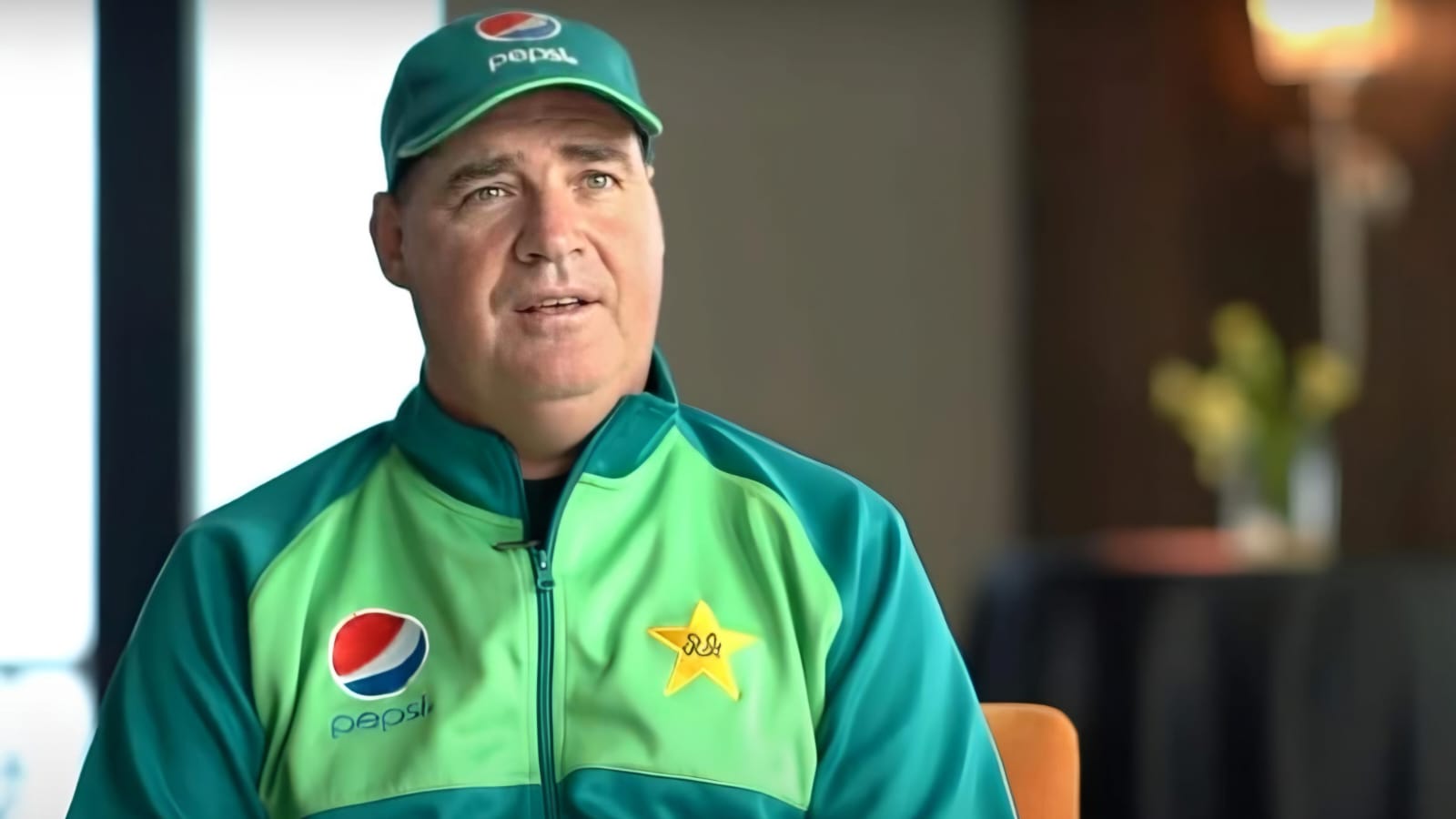
Personal Touch: “Preparation is key. By leaving no stone unturned and planning for every situation, we give our players the best chance to succeed on the field.” – Mickey Arthur
The Evolving Role of Coaches
The role of coaches in cricket has undergone a significant shift in recent times. Traditionally, a more player-centric approach prevailed, with senior players having a significant influence on team strategies.
However, the modern game demands a more structured and analytical approach, making coaches the architects of team plans and playing styles. They are responsible for player development, scouting talent, and creating a winning environment.
Looking Ahead: Up-and-Coming Coaches
The future of cricket coaching is bright, with several talented individuals making their mark. Here are a few examples:
Brendon McCullum (New Zealand):

- Coaching Style: Aggressive and innovative.
- Impact on Teams Coached: Revitalized the England Test team with an aggressive approach, known as ‘Bazball’, leading to exciting and dynamic cricket.
- Notable Quote: “Play without fear.”
Rahul Dravid (India):
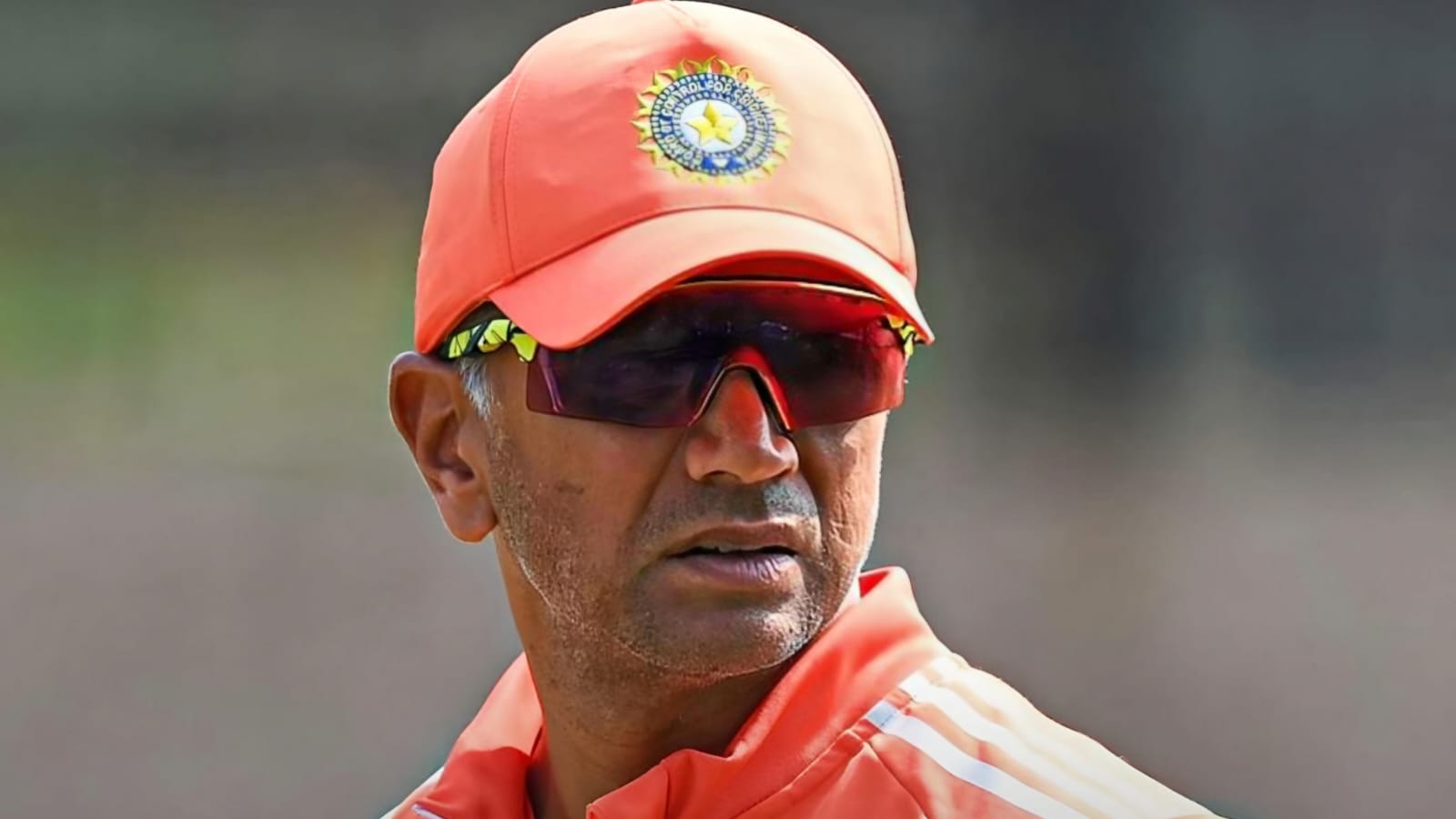
- Coaching Style: Methodical and developmental.
- Impact on Teams Coached: Focuses on building a strong bench, developing young talent, and ensuring a steady supply of skilled players for the national team.
- Notable Quote: “Patience and discipline are key.”
Lisa Sthalekar (Australia):
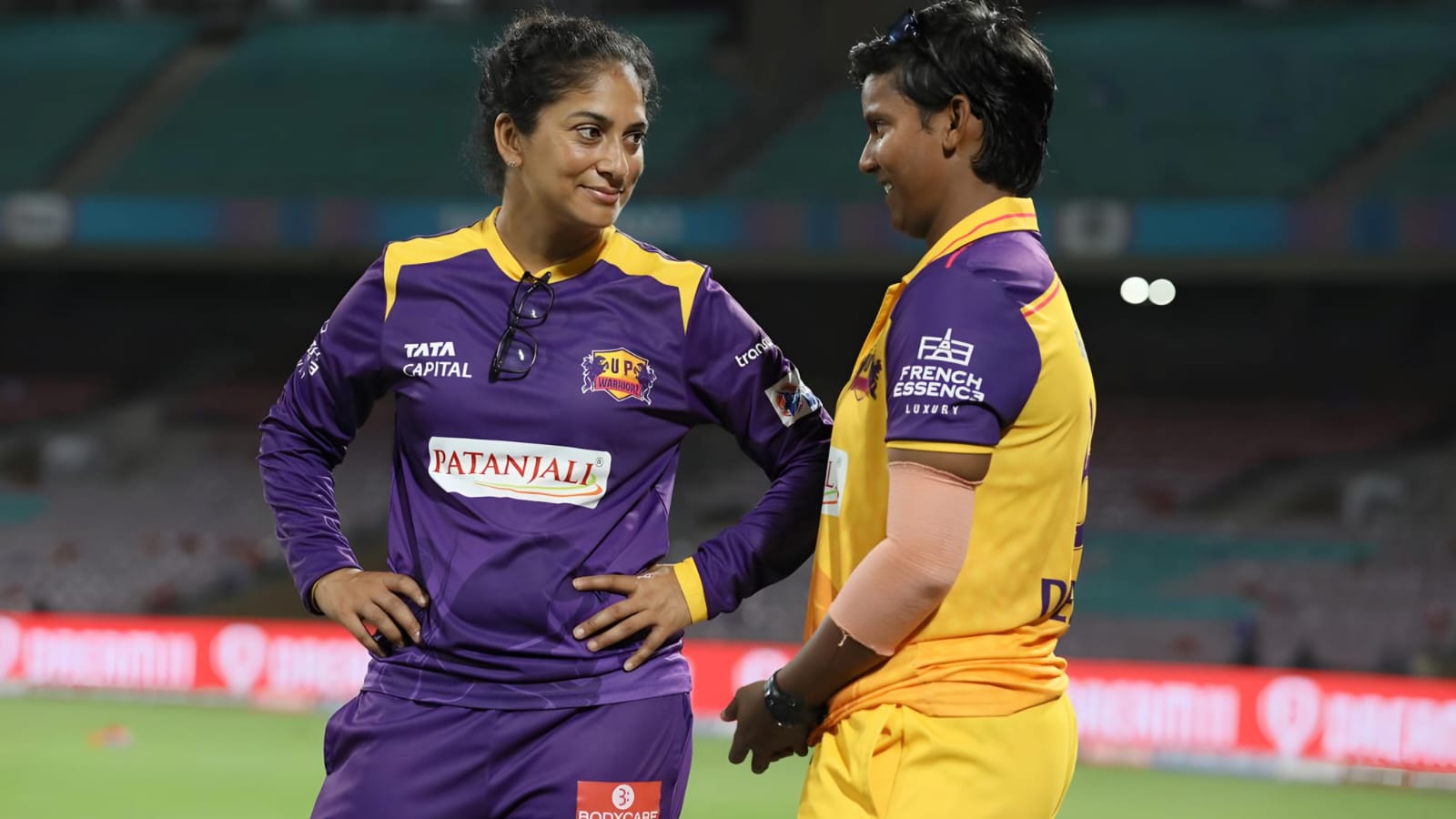
- Coaching Style: Collaborative and player-centric.
- Impact on Teams Coached: First female coach of a national men’s team (Australian team in 2023), fostering a positive and inclusive environment.
- Notable Quote: “Cricket is a team sport, and everyone needs to feel valued.
The Multifaceted Role of a Coach in a Cricket Team
The coach in a cricket team is no longer just a cheerleader on the sidelines. They’ve become the strategic architect, player sculptor, and team unifier – a true multifaceted mastermind. Let’s delve into the various aspects of a coach’s role that make them so crucial in today’s game:
1. Masterminding Strategy:
- Game Plans: Gone are the days of impulsive decisions. Modern coaches analyze data, study opponents, and craft intricate game plans. They anticipate opposition moves, identify scoring opportunities, and set bowling strategies to exploit weaknesses.
- Format Flexibility: A good coach doesn’t have a one-size-fits-all approach. They adapt their strategies to the specific format (Test, ODI, T20), understanding the unique demands of each. For instance, a coach might emphasize aggressive batting in T20s while prioritizing patience and building partnerships in Tests.
- In-Game Tweaks: The coach doesn’t just set the plan; they’re a constant presence, analyzing the match flow and making crucial adjustments on the fly. They might alter bowling combinations, adjust field placements based on the batsman’s style, or change the batting order to capitalize on a situation.
2. Sculpting Champions:
- Technical Expertise: While raw talent is essential, coaches work on technical aspects like batting strokes, bowling variations, and fielding techniques. They identify areas for improvement and implement training programs to refine skills.
- Mental Toughness: Cricket is a mental game as much as a physical one. Coaches help players develop mental resilience, teaching them to handle pressure, overcome setbacks, and maintain focus throughout the match.
- Building Confidence: A coach’s role is to instill belief in their players. They provide constructive feedback, celebrate achievements, and create a positive environment where players feel empowered to take risks and express themselves on the field.
3. Unifying the Team:
- Team Culture: A coach fosters a strong team spirit where players respect each other, trust each other’s abilities, and work together towards a common goal. This involves building camaraderie, addressing conflicts constructively, and ensuring clear communication between players and management.
- Leadership Development: Coaches identify leadership qualities in players and help them develop those skills. This empowers senior players to mentor younger ones and creates a strong leadership structure within the team.
- Role Clarity: A coach defines specific roles for each player, ensuring everyone understands their responsibilities and contributions to the team’s success. This avoids confusion and fosters a sense of accountability among players.
In essence, a coach is the glue that binds a cricket team together. They’re the strategist, the motivator, and the unifier, shaping not just individual skills but the overall team strategy and culture. Their multifaceted role is a crucial factor in a team’s success in the modern, high-pressure world of cricket.
Conclusion
The contributions of these coaching greats have been instrumental in shaping the modern game of cricket. Their distinctive styles and philosophies have not only brought remarkable success to the teams they managed but also transformed the overall approach to coaching in cricket.
As the role of the coach continues to evolve, blending traditional player-centric methods with modern analytical techniques, the future of cricket looks brighter and more competitive than ever.
Cricket fans can look forward to witnessing even more innovation and strategic brilliance from coaches on the field, shaping the next generation of cricketing heroes.
James Paul is a former first-class cricketer and passionate cricket analyst. His decades of experience on the field and his love for the game shape his insights into the strategies and personalities that define world-class cricket.
